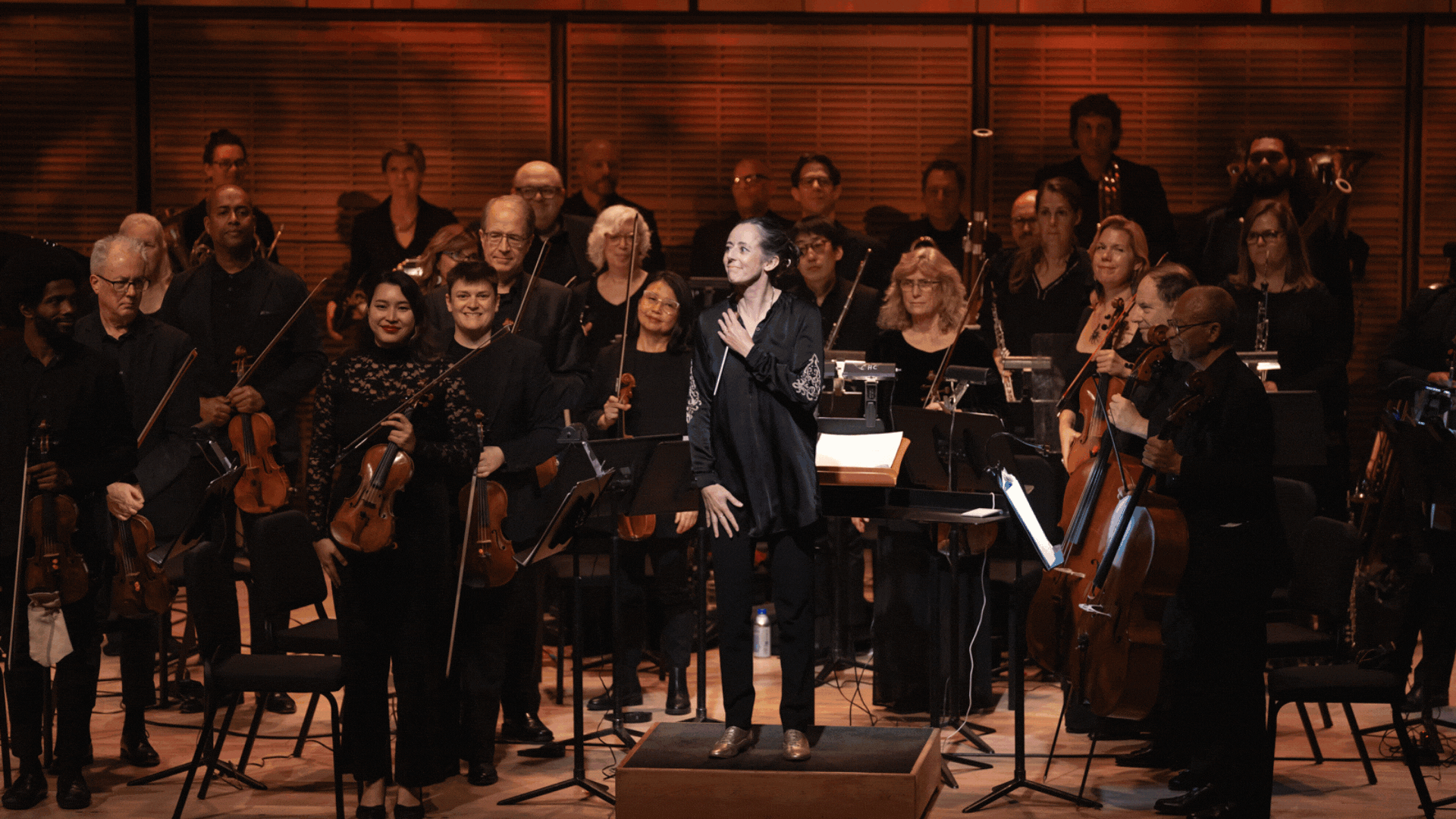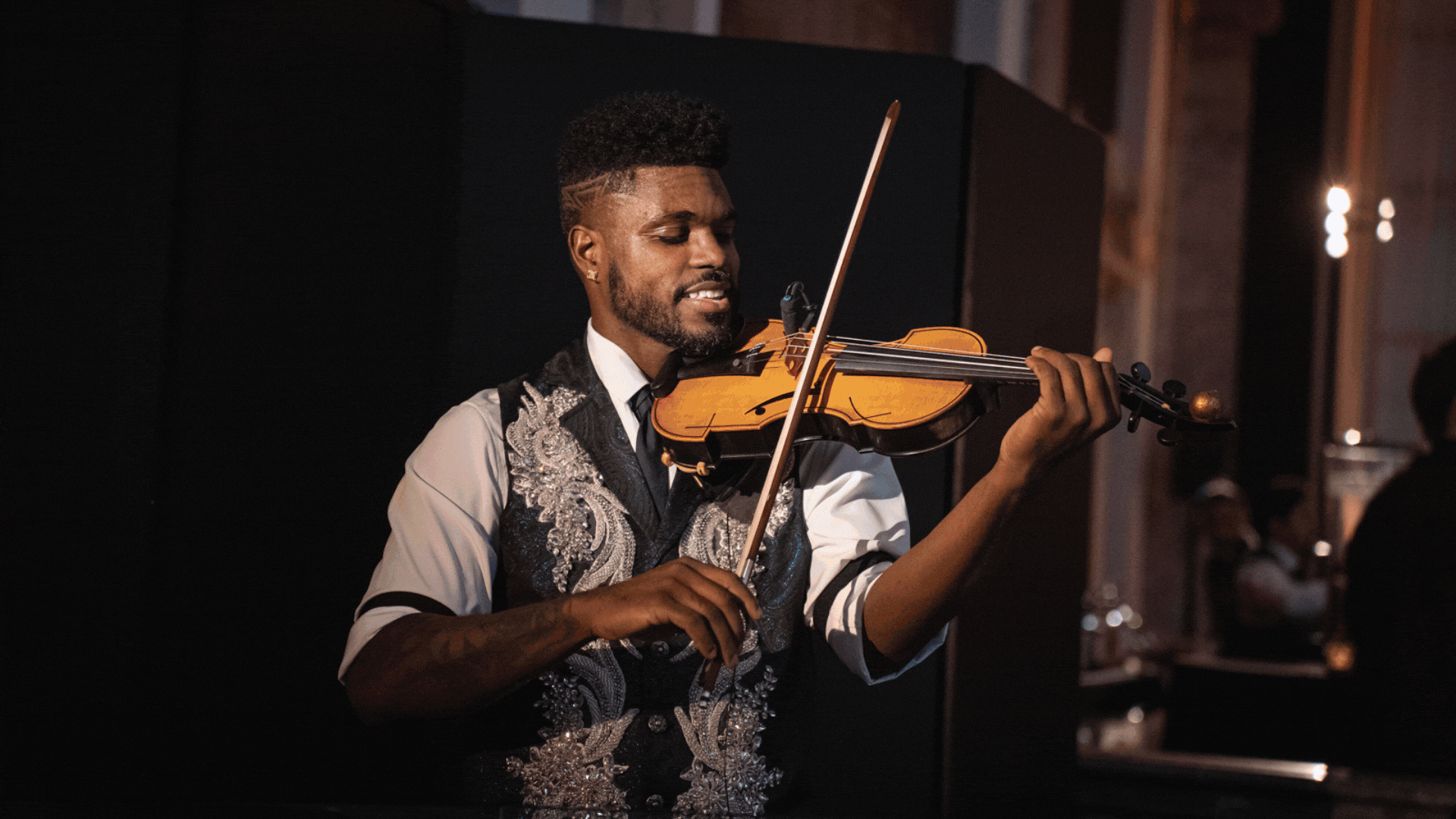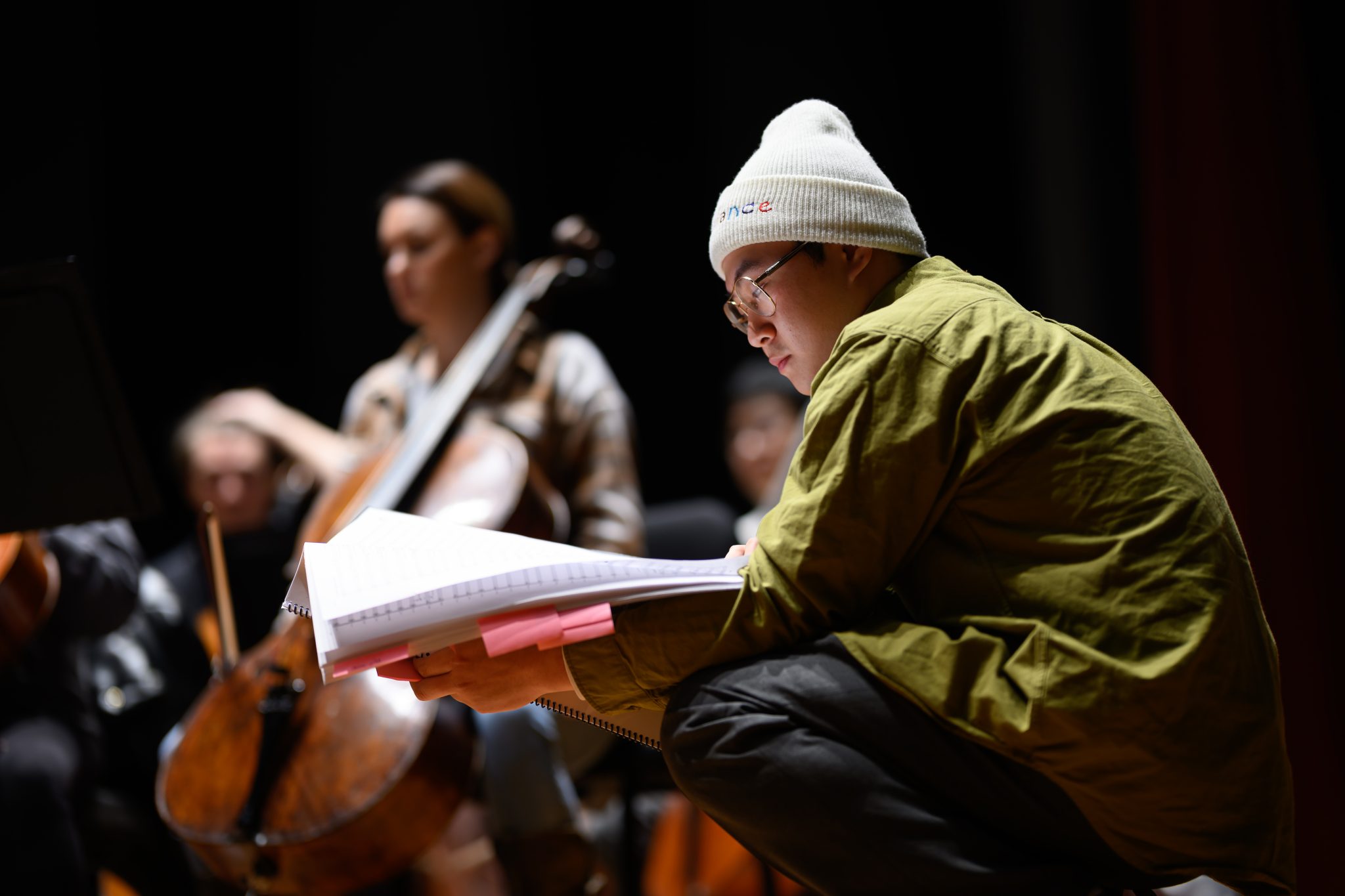Underwood New Music Readings - Composer Spotlight: Alexander Timofeev
Composer and pianist Alexander Timofeev (b. 1983) has performed his compositions at the National Philharmonic Orchestra of Moldova, Thailand International Composition Festival, Hariclea Darclee Festival and Voice Competition (Romania), Oxford Piano Festival (UK), Novye Imena (Russia), and Northern Lights Festival (USA). He is the winner of the 2016 Richard Weerts Composition Competition, and a finalist of the 2016 Thailand International Composition Festival, among many other awards. In 2008, Timofeev founded the International Society of Pianists and Composers, a non-profit organization that promotes contemporary music written for piano. Started as a creative circle of composing and performing alumni of the Eastman School of Music, it now represents a growing network of musicians from over 20 countries. Alexander Timofeev completed his D.M.A. at the University of Maryland, College Park. He holds an M.M. from the Eastman School of Music and a B.M. from Rowan University. He studied composition with Lawrence Moss, Harold Oliver and Zlata Tkach. Timofeev currently resides in Philadelphia and is an Artist-in-Residence at Rowan University.
Alexander’s piece Fantasme was selected for the 2017 Underwood New Music Readings where it will be workshopped and read by American Composers Orchestra and maestro George Manahan. Alexander spoke to us about the readings and his piece.
Rehearsals, workshops, and final readings are free and open to the public on June 22 and 23 at The DiMenna Center for Classical (450 West 37th Street, NYC). RSVP here

Composer and pianist Alexander Timofeev
American Composers Orchestra: What was your reaction to finding out your piece had been selected for the Underwood New Music Readings?
Alexander Timofeev: One day in February I received a call from the ACO. It was a big surprise for me to find out that my piece has been selected for the readings. I knew that many talented, emerging composers apply every year and that the competition is very rigorous. Writing an orchestral piece is a big effort on the part of the composer; the work on such a composition can last for many months. The fact that this year ACO readings had over 250 applications not only speaks about the number of young American composers who are writing music on a very high level, but it is also shows that UNMR is among the central events for emerging composers in this country.
ACO: What was the inspiration for Fantasme? How did your compositional process adjust to the task of writing an orchestral piece?
AT: I believe that in order for a new composition to appear, first there must be a source of inspiration. For me, the flow of music is very much like the flow of a river; such rivers, big and small, usually start with at a tiny rill. The composer’s job is first to discover this source and then to grow the music from there. I found the source of inspiration for Fantasme in the first few measures of my favorite Mozart sonata. In my piece, the original motive receives an immediate transformation and the music goes into new territory.
Writing an orchestral composition is a great experience; it requires a lot of patience and willingness to devote more time to editing the music, something that young composers don’t always have patience for. It is very possible that the time I spent editing the full score and the parts for Fantasme by far exceeded the time I spent on writing music for this piece. Of course, the content, character and emotion is most important in a composition, but a proper framework for the musical idea can really help the performers understand the composer’s intentions for the piece.
Fantasme offered me the challenge of exploring the problem of continuity in music and the opportunity of working on a subject that I really love; it helped broaden my understanding of the relationships between the instrumental groups, find a new way of using the technical possibilities of each orchestral instrument, and finally, it allowed me to experience all the steps on the way to completing a big project.
ACO: You are the founder of the International Society of Pianists and Composers, a non-profit organization promoting contemporary piano music. Why do you believe organizations like ISPC and ACO are important for the health of the classical music world? Besides the obvious motivation of being an accomplished pianist yourself, is there any reason you believe new works for piano are especially important to advocate for?
My involvement with the International Society of Pianists and Composers helped me realize the importance of collaboration between composers, performers and the audience. I noticed that most composers, including myself, tend to focus on themselves a lot, and learn how to live and compose with minimal interaction with the outside world. And when it comes to finding opportunities for performance, composers often discover that they cannot find musicians interested in performing their piece. This is especially true with new piano music; while there are many pianists around us, there is also such an abundance of great masterpieces from the past centuries that, unless the composer has a prior arrangement with the performer, a new work can rest on the shelf for a long time.
Because of my experience also as a concert pianist, I believe that advocating for new piano music should start in the studio of a college piano artist-teacher. If the teacher keeps a performing schedule and includes in his/her recitals works by living composers, commissions such new works, collaborates with local as well as with established composers, his/her students will also follow this skill of collaboration in their future careers. This requires a lot more effort and responsibility on the part of the performer but it is also very rewarding as one may realize that his/her premiere performance of a new work is unique and much more important for the continuation of music as a living art form. It is an unstoppable process - the pieces that make it into the repertoire are losing their musical freshness and value and become fuel for new works, or in performers’ terms - teaching material.
In this light, it is not a surprise than concert institutions often talk about the lack of attendance for classical music recitals, chamber or orchestra concerts and the fact that young people are slow in connecting with classical music. How can anyone expect 100+ years old music to resonate with the modern audience? It is great to perform the masterpieces as a tribute to the old masters, we will always be indebted to them for their work but, in my view, the longest accent in concert programs should be on the new works. ACO is the first orchestra in the US that started to lead in a new direction and continues to pave the path for the future of all American orchestras.
ACO: What are you doing to prepare for the readings? Are there any changes you are making to your piece?
AT: I have sent to ACO the printed full scores and orchestra parts last month, so, even if I wanted - at this time there is nothing I can change… I am trying to get back to running and exercising, perhaps, this will not prepare me better for the readings, but, at least it is good for my health.
ACO: What do you hope to gain from the readings?
AT: The discussion, suggestions and feedback on our pieces from ACO musicians and the audience will be very helpful for our future work. I can’t wait to hear Fantasme and I am very interested in knowing more about my colleagues’ pieces; the music that will be performed during the readings will feature various strengths and stylistic directions. I am looking forward to meeting the composers and musicians that will be there.
Learn more about Alexander at www.timofeev.org
Follow him on YouTube and Soundcloud
Rehearsals, workshops, and final readings are free and open to the public on June 22 and 23 at The DiMenna Center for Classical (450 West 37th Street, NYC). RSVP here
Corporate gifts to match employee contributions are made by Goldman Sachs, Deutsche Bank, Triton Container International Incorporated of North America, and Neiman Marcus.
Public funds are provided by the New York City Department of Cultural Affairs in partnership with the City Council, and the New York State Council on the Arts with the support of Governor Kathy Hochul and the New York State Legislature, Office of Brooklyn Borough President Reynoso, and the National Endowment for the Arts.






